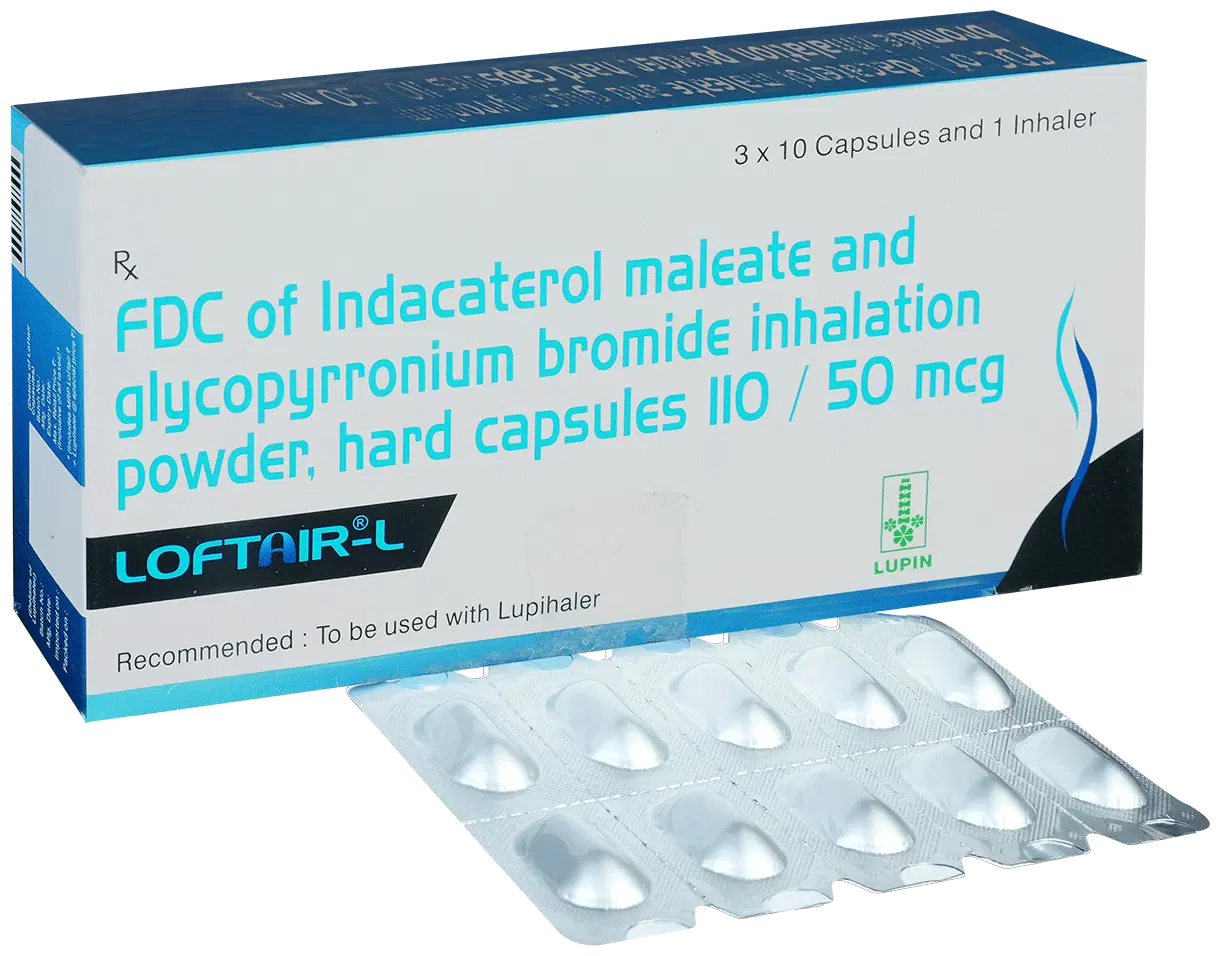Chronic obstructive pulmonary disease (copd)
Chronic Obstructive Pulmonary Disease (COPD) is a progressive lung condition characterized by long-term breathing difficulties. The primary symptoms include shortness of breath, chronic cough, and excessive mucus production. COPD is commonly caused by smoking, long-term exposure to air pollution, or occupational dust and chemicals. There are two main types of COPD: Chronic Bronchitis and Emphysema.
Typical Medications: COPD medications aim to relieve symptoms, improve lung function, and slow down disease progression. Common treatments include bronchodilators (e.g., Salbutamol, Terbutaline) to relax airway muscles, inhaled corticosteroids (e.g., Beclometasone, Fluticasone) to reduce inflammation, and long-acting anticholinergics (e.g., Tiotropium, Glycopyrrolate) to prevent bronchoconstriction. For severe cases, supplemental oxygen therapy and pulmonary rehabilitation may be necessary.
Please consult with a healthcare professional before starting any treatment.

Showing 769–780 of 793 results
Showing 769–780 of 793 results







